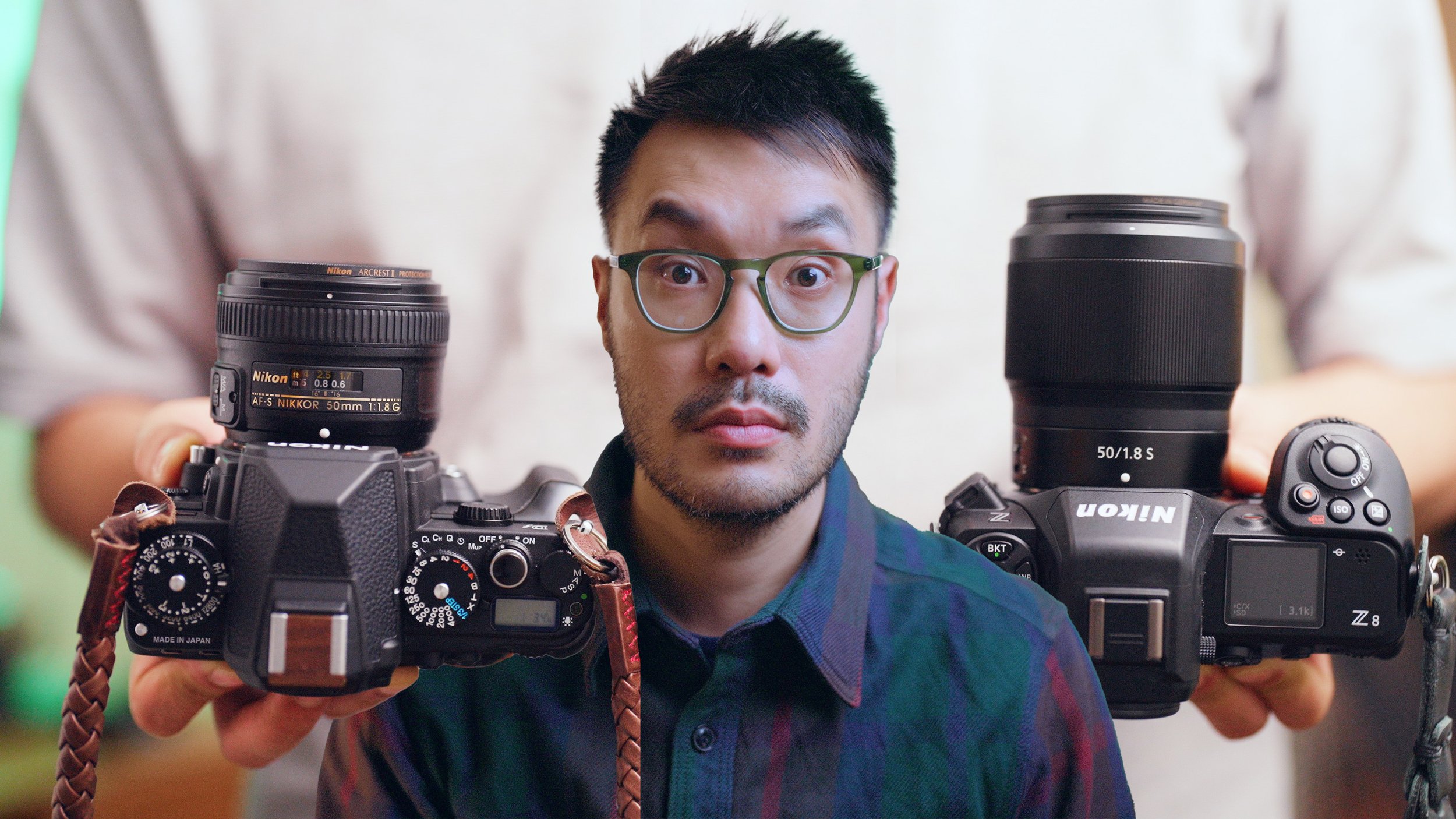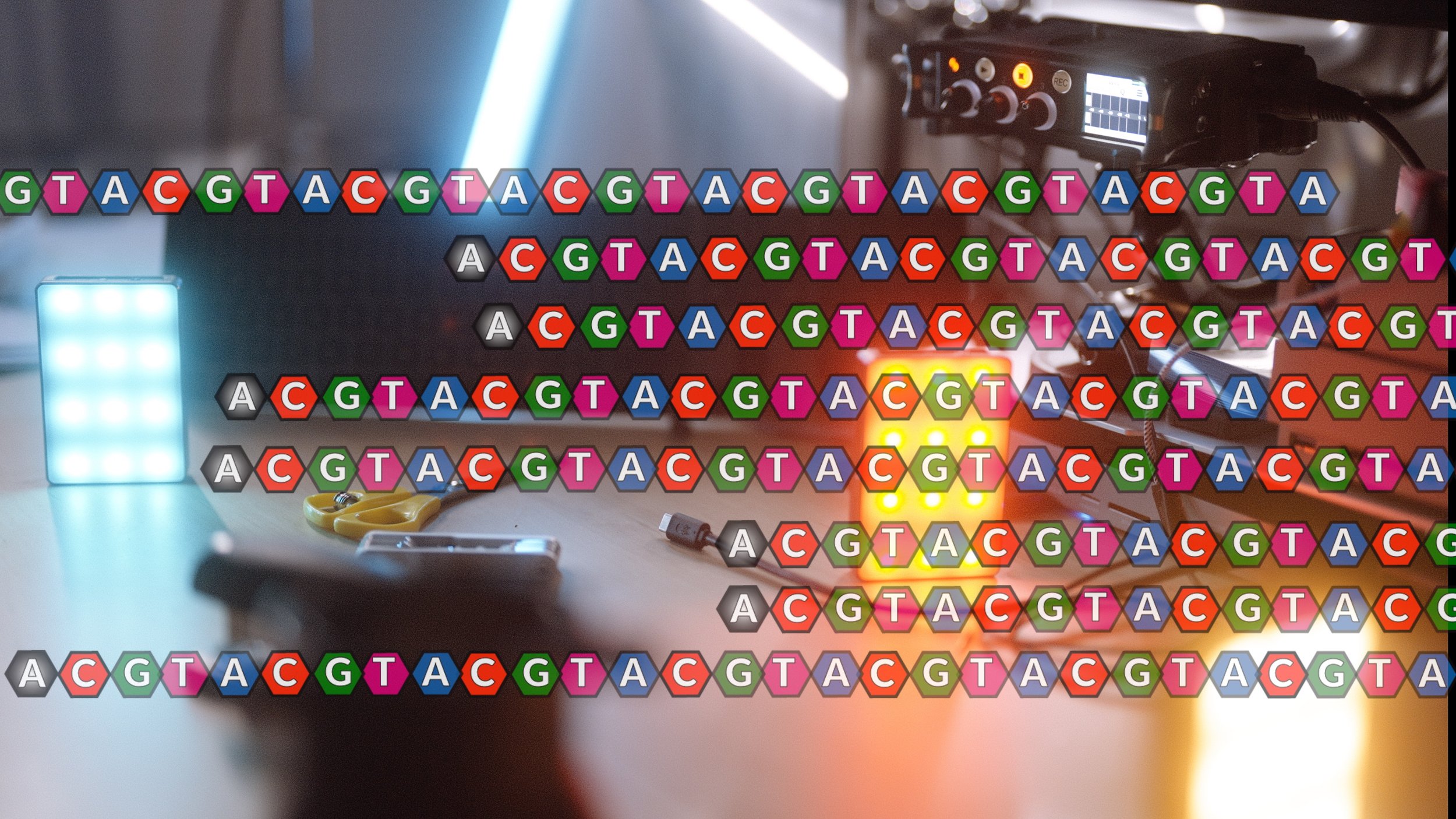

What comes next
4 October 2022
Like it or not, we learn the most when our backs are up against the wall, when the pressure is on. When we’re forced to harness all of our training and knowledge in a split reactionary second, to see exactly how much we can say and do under duress.
No one wants to be in high pressure situations all the time but what if that's when we learn the most? Sure, not all of these lessons are pleasant, and constantly being in a state of fight or flight doesn’t bode well for our long-term mental health. Can we be more strategic and selective however, and choose learning experiences that puts us out of our comfort zone in small but measurable ways?

Okay not being OK
22 September 2022
When I was doing my PhD, I was trained to treat live debate with caution and suspicion - only enter the metaphorical arena if you were ready to figuratively fight for your scientific bona fides. It’s no big surprise then that the Socratic method was not my first choice of pedagogy. Why would I deliberately open myself up to questioning if I didn’t have to?
In the last series of posts I have trying to wrangle with what advice would be most valuable to new teachers who are being thrust into an education sector filled with uncertainty. Today I want to talk about the fact that teachers don’t need to know all the answers - that it’s okay to be not OK with every question students might ask you.

Our Value
21 September 2022
New teachers are in an unenviable position, where the entirety of their teaching experience is filled with one-way conversations to virtual rooms of disembodied black screens. The joy of communicating and connecting with students is lost on them, simply because they’ve never experienced it. In spite of this unique (and unfortunate) start to their careers, they’re offered unsolicited advice all the time. I try to take a different approach when mentoring teachers in my network, in an attempt to help them figure out what works best for them. Today let’s dig a little deeper and talk about how to find and express our value in any classroom.

Are you not entertained?
20 September 2022
Being named the Australian University Teacher of the Year in 2020 has allowed me to amplify the resonance of the work I am doing in teaching and learning at a much broader scale. The best part of it all is the chance to connect with other teachers all across the world, and try to collaboratively address the big issues in teaching and learning.
“What tips do you have for new teachers just starting out?”
In an attempt to avoid the overly generic advice new teachers are consistently bombarded with, here’s what I try to tell them first - you don’t have to be entertaining.

Nature vs Nurture
29 June 2022
Despite my original plans at the start of my training, I am by no means a bioinformatician. I studied degrees for both science and information technology, but I quickly found out that i would be better suited as a bioinformatics end user rather than a developer. All the software engineers in my classes had been coding since they were toddlers, but for me it felt like learning how to ride a unicycle upside down. It’s pretty embarrassing to struggle so much in programming 101 but some people’s brains are just innately better tuned for computer programming, just like others are naturally talented at music or art. It doesn’t mean we should avoid the things we aren’t naturally talented at, in fact there’s a lot to be said for knowing how to learn under non-ideal conditions, and having an interdisciplinary overview of different skillsets. Biologists need a better understanding of bioinformatics, just like software engineers need to know more about biology.

Closing the Loop - Conference Diaries Vol III
22 June 2022
I’ve just finished up presenting at my first in-person conference in over two years, and I’ve connected with many amazing teachers and contacts. As I wrap things up on the trip I need to make the most of the fleeting moments of network building and make sure the trip was worth it for my professional development. Travel has a baseline level of stress already so it can be really easy to lose track of every new thing you learnt or any new connections you’ve made. How should you close the loop and solidify all of the progress you made on this work trip after you’ve come home?

Why I Became a Teacher - Conference Diaries Vol II
15 June 2022
There has been a wave of transformation across education to say the least. Our new normal is trying to predict the unpredictable - class sizes, delivery modes, technology, all can change or evaporate overnight. As much as teachers champion life-long learning at university, I don’t think we quite bargained for a life-time of learning condensed into such a short time. With so many things up in the air, it is more important now than ever before to reflect on our origin story in education. What motivated us to become teachers in the first place has to be what keeps us going in this time of uncertainty.

In Transit - Conference Diaries Vol I
9 June 2022
Travel is just opening up again, I recently attended my first in-person conference in over two years. I’ve been to my fair share of conferences, but it’s been a minute and I felt a familiar sense of nerves creeping back in. I’m sure students and ECRs about to attend their first conference have similar sentiments of anxiety, and are a bit tentative about what to make of the whole experience. What should you be aiming to get out of this conference? What I’ve found over the years is that shifting the focus away from my own neuroses towards what I can do for others allows things to click into place. How can you help the conference organisers, your supervisors, or other students on the trip? How does your work allow others to accomplish something meaningful? When you do this consistently, you’d be surprised how much value you get out of the experience for yourself.

Teacher vs YouTuber
2 June 2022
“I want to be a YouTuber” is not what any parent wants to hear from their kids, and it’s an open secret that YouTube causes burnout. It’s hard to build a following and even harder to keep one, and you’re essentially a free-lance contractor at the mercy of the algorithm. However learning all of the skills needed to make YouTube videos and run a YouTube channel has transformed my ability to do my day job in very real ways. Teachers who need to communicate to a diverse range of students and audience in particular have a lot to benefit from YouTube, so today let’s talk through 5 reasons why Teachers should dip their toes into the YouTube world.

Stolen moments (Vol 2)
28 May 2022
I’m in the process of designing a brand new lab course for Semester 2, and the next series of blog entries will be my attempt to “think out loud” and steal some time away from the pressure of looming deadlines... Last time we talked about recombinant DNA technology and how molecular cloning of specific genes can be adapted for citizen science projects. Following on from cloning novel plasmids that encode genes of interest, students can work with their own plasmids, or characterise existing plasmid libraries generated by your research labs to express and purify novel proteins of interest.
